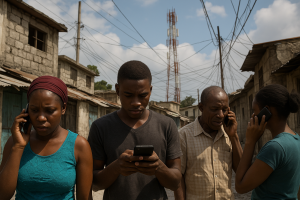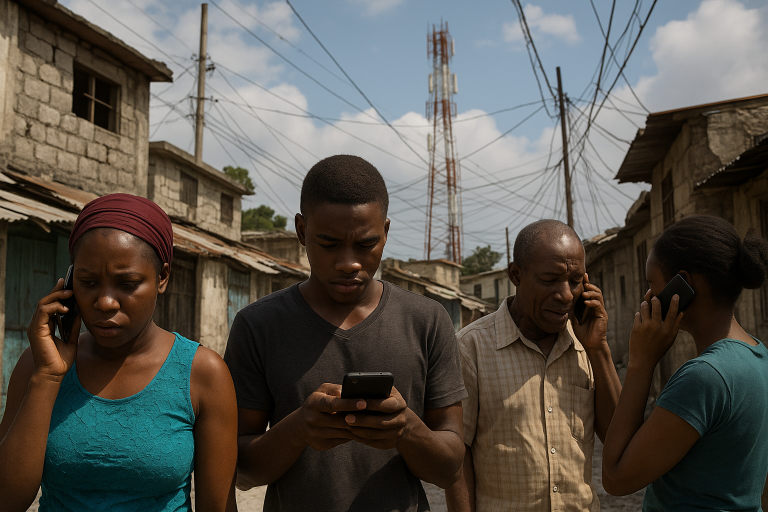Did you know that the only black person on the Titanic was of Haitian descent?
In an era marked by the glitz of the Gilded Age and the promise of new beginnings across the Atlantic, the RMS Titanic embarked on its maiden voyage, a tragic journey that would become etched into the fabric of history. Among its passengers was Joseph Philippe Lemercier Laroche, a Haitian engineer with dreams that extended beyond the horizon. Who was this man and what is his story?
Born in Cap-Haïtien, Haiti, in 1886, Joseph was sent to study in Beauvais, France, at the young age of 15. His academic prowess led him to graduate with an engineering degree, marrying Juliette Lafargue, a Frenchwoman who would become his partner in both life and adversity. However, the racial discrimination of the times shuttered employment doors in his face, forcing Joseph to rely on the support of his father-in-law.
Joseph’s uncle, Cincinnatus Leconte, the President of Haiti, arranged a teaching position for him, prompting a hopeful return to his homeland. His family’s tickets were initially for the SS France, yet they opted for second-class on the Titanic due to a policy on the former that separated children from their parents during meals. As fate would have it, this decision would forever mark their lives.
The night the Titanic met its icy fate, Joseph faced the ultimate dilemma. In the confusion and chaos that ensued, he safely ensconced Juliette and their daughters, Simone and Louise, into a lifeboat. While legend recalls Juliette’s recount of a countess in their lifeboat, which suggests they might have escaped on lifeboat 8, Joseph’s fate was less certain. His body was never recovered, leaving his family to grapple with the loss.
The resilience of Juliette stands out as she, with her daughters, was rescued by RMS Carpathia. As an emblem of the maternal instinct, she fashioned napkins into diapers aboard the rescue ship, an ingenuity borne of necessity. Having never reached Haiti, the widowed Juliette returned to France, where she named her newborn son after his late father.
Decades later, in a poignant remembrance of a history too seldom told, Joseph’s daughter Louise stepped aboard the SS Nomadic, the very tender that once carried her family to the RMS Titanic. The Titanic Historical Society would later commemorate the passengers who sailed from Cherbourg with a marker – a gesture that froze their journey in time.
Joseph Laroche’s story is more than a footnote in the Titanic’s tragic tale; it’s a narrative that transcends race and time. It rebukes the boundaries that so cruelly defined his life and recognizes his humanity amidst a historical event that still captivates the world. It reminds us that in the cold waters of the Atlantic, the dreams and despairs of every passenger were intricately intertwined.
Our recollection of the Titanic’s voyage is incomplete without including Joseph Laroche. His story, rooted in the heritage of Haiti, punctuates the collective memory with a truth that is as haunting as it is necessary. To honor his legacy is to acknowledge the breadth of histories upon which our present is built, ensuring that no story, regardless of its origin, is left adrift in the abyss of the untold.












Add a comment